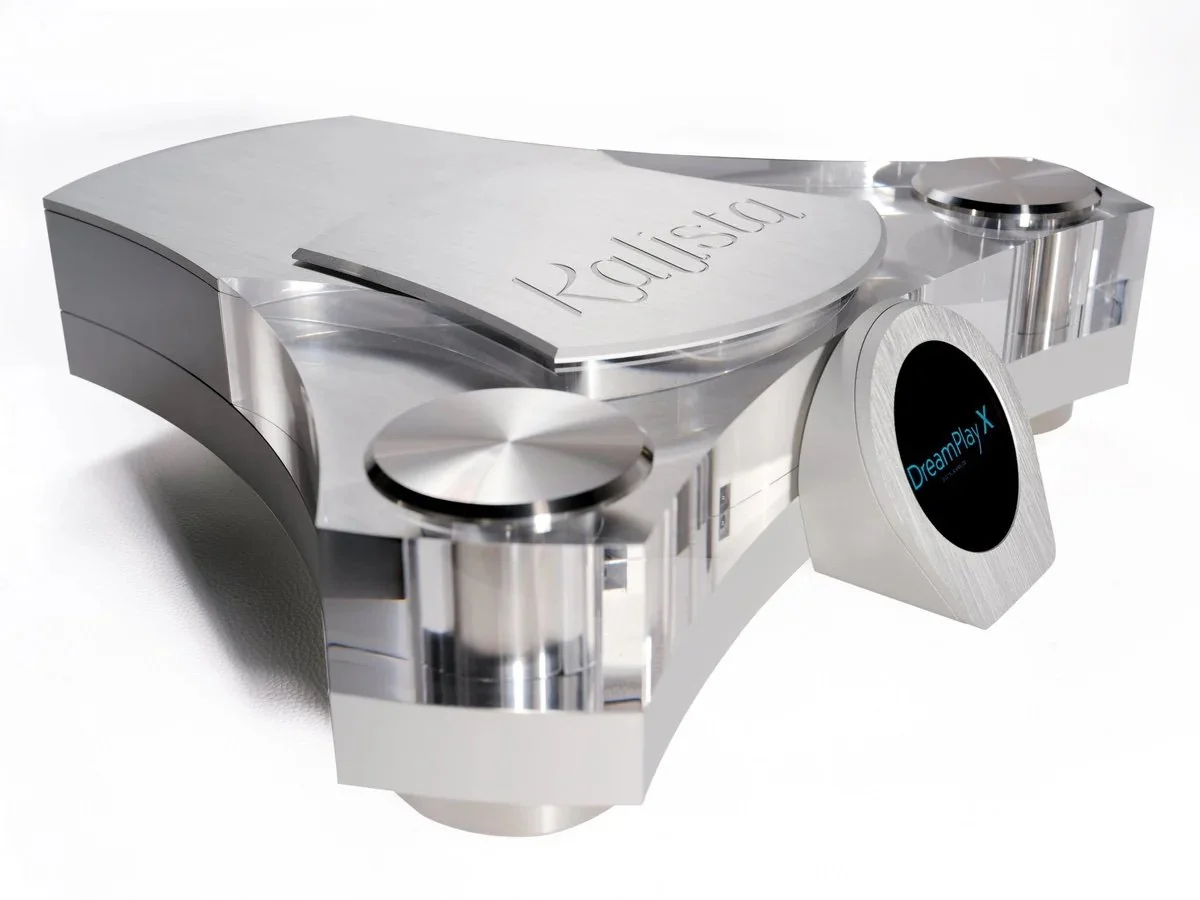Joan Baez: Farewell, Angelina—Craft/Vanguard Vinyl Reissue [2025]
Just a few months after the Analogue Productions reissue of Diamonds & Rust (reviewed here), word came that Craft would be reissuing Joan Baez’s 1965 Vanguard masterpiece Farewell, Angelina. While Diamonds & Rust belongs to a later period in her career on A&M Records, with more elaborate arrangements and contemporary production, Farewell, Angelina stands at the height of her early folk years for Vanguard.
This Craft reissue is cut all-analog from the original master tapes by Kevin Gray at Cohearent Audio and pressed on 180-gram vinyl at Fidelity Record Pressing, now firmly in the top tier alongside RTI and QRP. The glossy Stoughton tip-on jacket reproduces Richard Avedon’s iconic cover photograph, though a touch darker and lower in contrast than my 1965 Stereolab label pressing.
As much as I admire Diamonds & Rust, the Vanguard years remain the purest expression of Baez’s art, and Farewell, Angelina feels like the culmination of that era. The program is a carefully chosen blend of Dylan, Donovan, Guthrie, and traditional material, all filtered through Baez’s crystalline soprano. The arrangements are spare but never austere. Baez’s own acoustic guitar is the anchor, joined at times by Russ Savakus or Richard Romoff on string bass, Bruce Langhorne’s tastefully understated electric guitar, and Rolf Rinzler’s mandolin. Each player is present but never obtrusive, their subtle textures forming an elegant frame around Baez’s voice.
Langhorne, best known for his work with Bob Dylan, contributes just a few electric guitar shadings, most hauntingly on “It’s All Over Now, Baby Blue,” where his lines hover like a shadow around Baez’s vocal. Rinzler’s mandolin makes a single, memorable appearance on “A Satisfied Mind,” where it threads through the song like a second voice, lending brightness and a touch of old-world character. The string bass provides warmth and depth throughout, grounding the music without weighing it down, and giving the voice and upper registers space to soar. The result is an ensemble sound that is intimate, transparent, and deeply sympathetic to the material.
The original recording has long been recognized as audiophile caliber, though it surprises me that Diamonds & Rust tends to be cited more often. To my ears, Farewell, Angelina is the truer showcase of Baez’s voice in its most natural setting. Her soprano is captured with astonishing realism — soaring yet free of glare, commanding yet never harsh. Acoustic guitar is softly defined, offering support without competing for attention, while string bass, electric guitar, and mandolin add gentle color. The dynamics are entirely in Baez’s control, and her voice is a stern test of any mastering engineer: too forward and it risks stridency; too recessed and the immediacy is lost.
Happily, the new Craft mastering preserves the original’s natural balance while offering a touch more clarity and insight. Gray’s cut lets the listener hear more deeply into the interplay of instruments without sacrificing warmth. Baez’s voice is just a shade more present, yet always within the bounds of taste. Like the original, this pressing is demanding of playback systems — those climactic peaks on “It’s All Over Now, Baby Blue” and “The Wild Mountain Thyme” will quickly reveal if your setup needs adjustment in tracking force, VTA, or cartridge loading.
Musically, the album is a marvel from beginning to end. Dylan’s “Farewell, Angelina” is a breathtaking opener, Baez’s phrasing turning its surreal imagery into something luminous and immediate. Her version of “It’s All Over Now, Baby Blue” remains one of the definitive interpretations — tender, resigned, yet piercingly direct. The traditional “The River in the Pines” is among the most haunting performances of her career, her voice suspended over the barest accompaniment like a fragile apparition. Elsewhere, Donovan’s “Colours” glows with youthful simplicity, while Guthrie’s “Ranger’s Command” is given a solemn, unhurried reading that underscores its timelessness.
For those who own a clean original pressing, this Craft reissue stands proudly beside it—not a replacement, but a complementary perspective with a touch more inner detail. For anyone without one, it is the ideal entry point: a landmark of the 1960’s folk revival, captured with stunning fidelity and presented with the care it deserves. More than that, it reminds us of Baez’s singular role in the folk movement — not only as a voice of extraordinary beauty, but as an interpreter who elevated the songs of Dylan, Donovan, Guthrie, and tradition itself into timeless art. Nearly sixty years later, Farewell, Angelina still speaks with clarity and urgency, and this reissue ensures it will continue to do so for generations to come.

![Joan Baez: Farewell, Angelina—Craft/Vanguard Vinyl Reissue [2025]](https://images.squarespace-cdn.com/content/v1/55787f0ae4b02f0501debbeb/1759689924262-3OTRHY1ABT6M6I1QOAWT/IMG_2739.jpeg)


